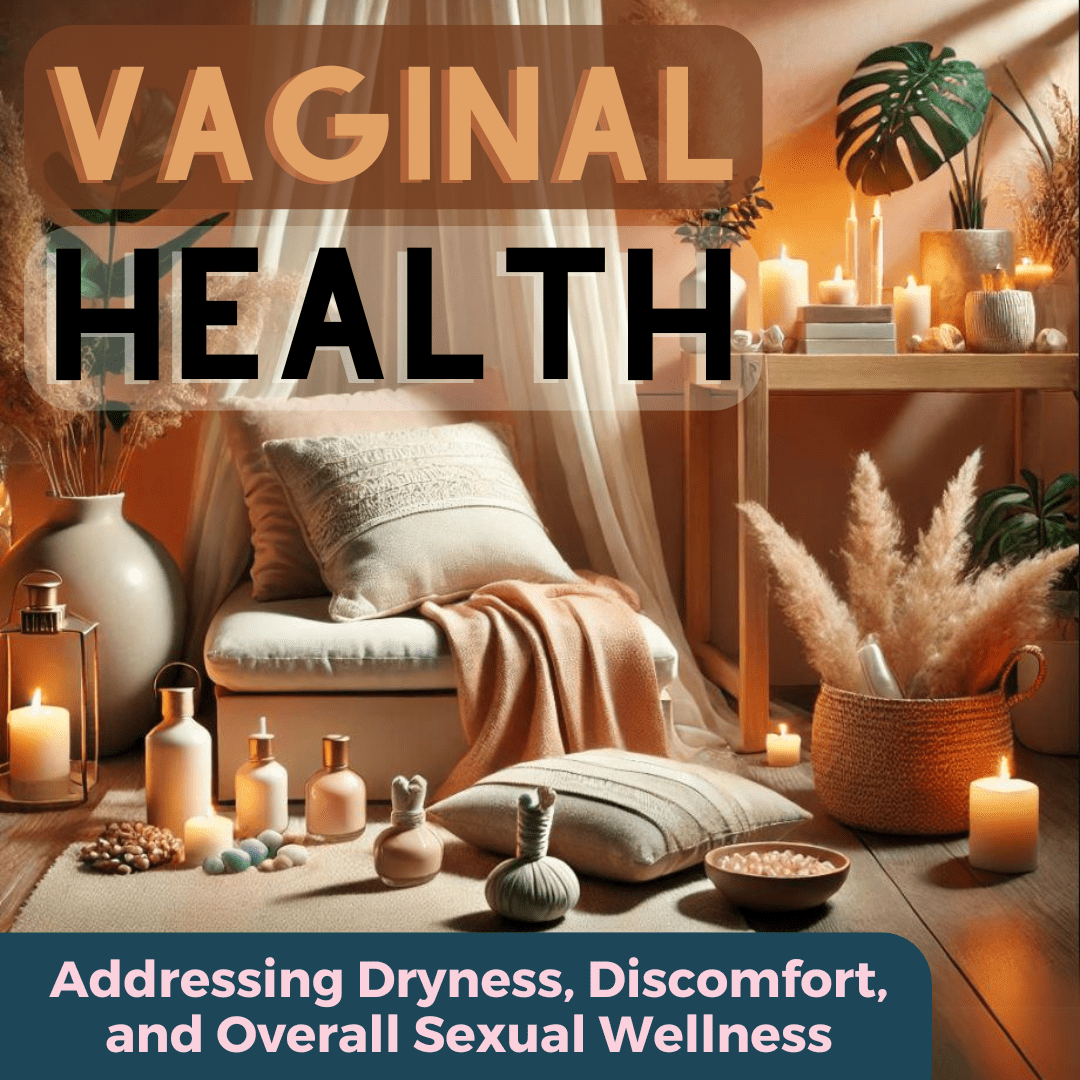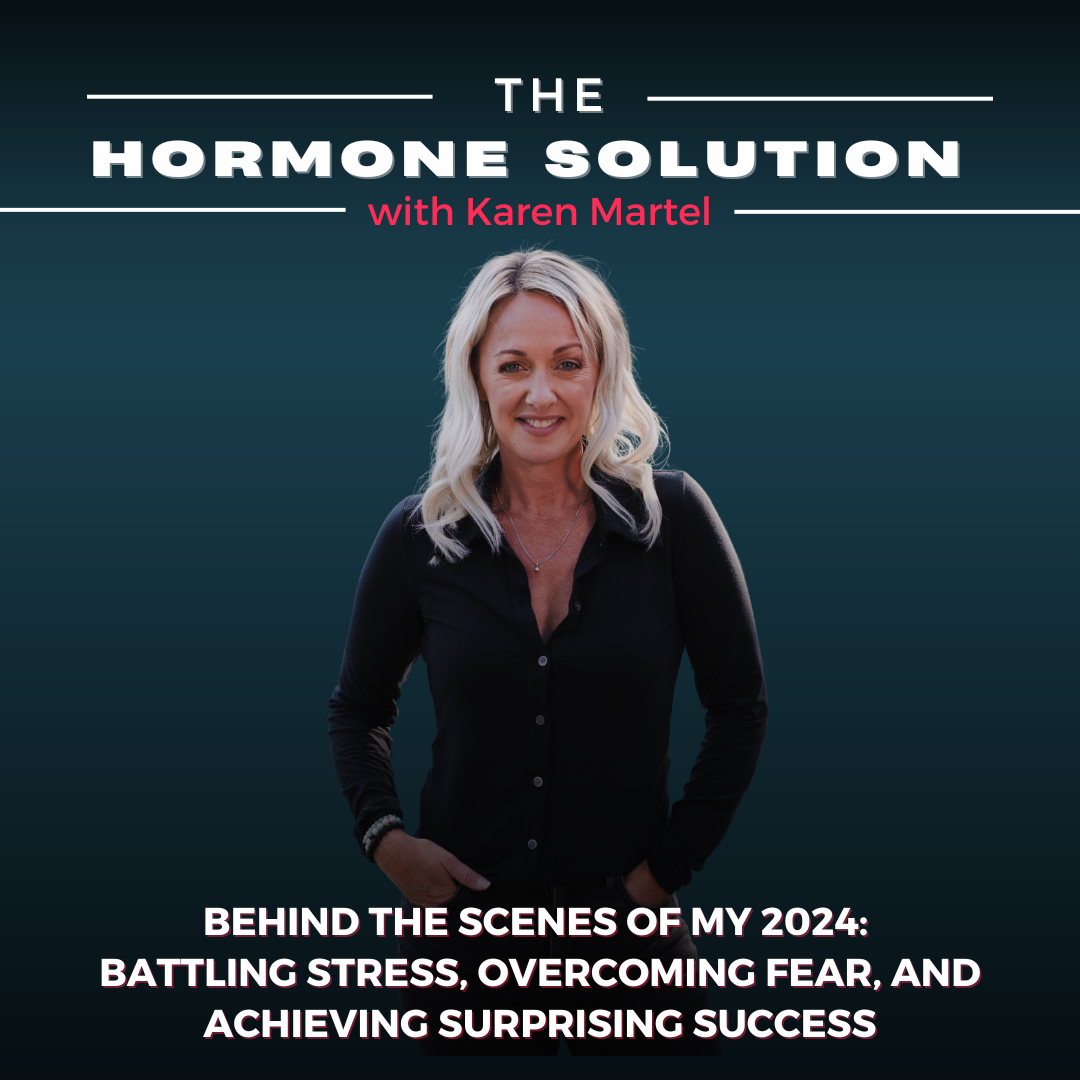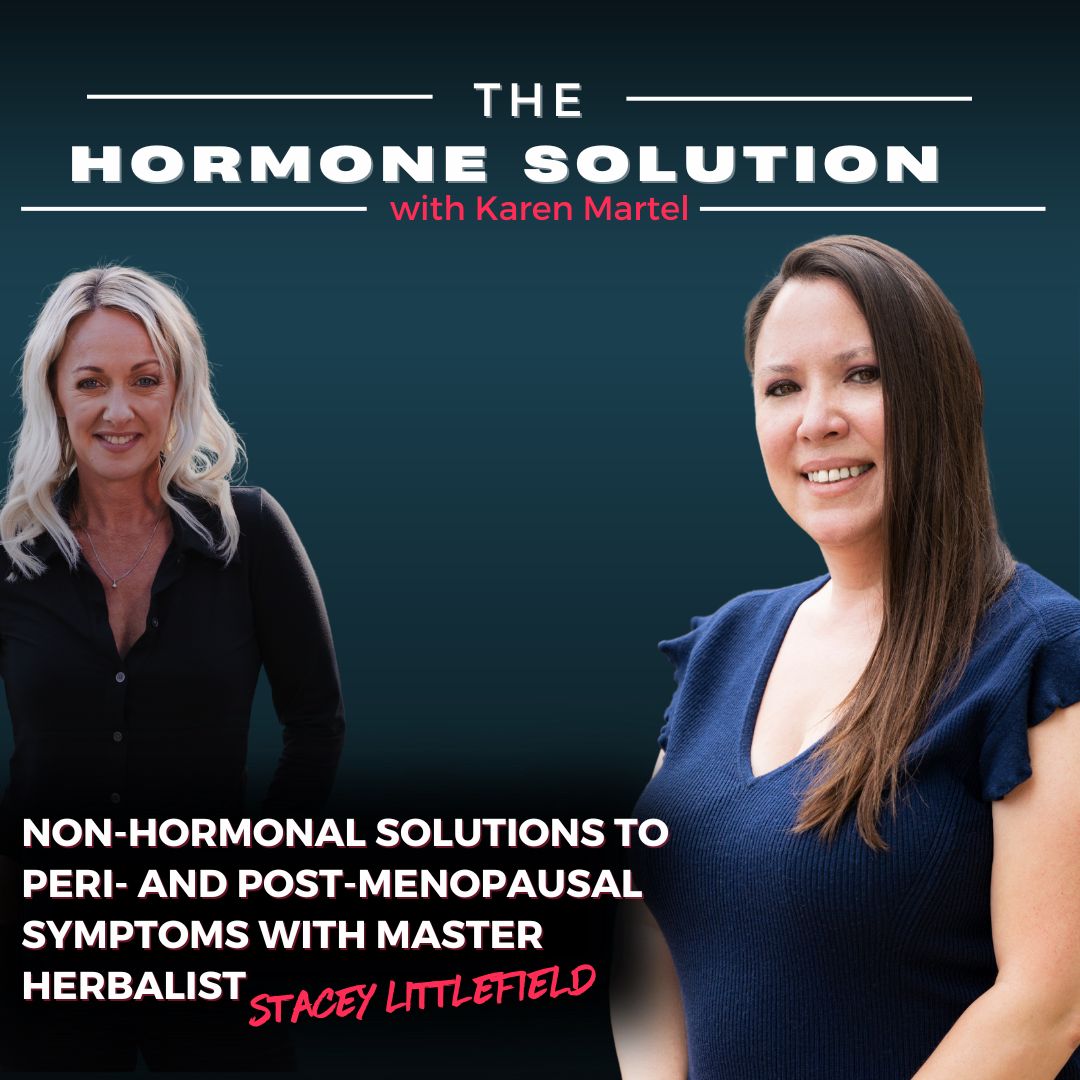
Vaginal Health: Addressing Dryness, Discomfort, and Overall Sexual Wellness
Today, we’re diving into a topic that often gets swept under the rug but is so crucial for our well-being—vaginal health. As we journey through life, especially during the perimenopausal andmenopausal stages, many women experience vaginal dryness, discomfort during intercourse,and other issues that can impact their overall sexual health. Let’s break the silence and shine alight on these important topics, as well as explore some effective treatment options.Understanding Vaginal Dryness Vaginal dryness can be a frustrating and uncomfortable experience. It’s often caused byhormonal changes, particularly the decline in estrogen levels that many women face duringmenopause. A study published in the Journal of Sexual Medicine highlights that about 40% of postmenopausal women report experiencing vaginal dryness, which can lead to discomfortduring intimacy and a decrease in sexual satisfaction.
What Causes Vaginal Dryness? Several factors can contribute to vaginal dryness, including:
- Hormonal Changes: As estrogen levels decline, the vaginal tissues can become thinner and less lubricated.
- Medications: Some medications, like antihistamines and antidepressants, can have side effects that contribute to dryness.
- Stress and Anxiety: Emotional well-being plays a significant role in sexual health. Stress can affect arousal and lubrication.
- Medical Conditions: Certain medical conditions, like autoimmune diseases, can also lead to dryness.
have to be your new normal. Studies indicate that many women endure pain during sex, which
can create a negative cycle of avoidance and frustration. According to a survey published in
Menopause: The Journal of The North American Menopause Society, around 25% of women
report experiencing pain during sexual activity post-menopause.
Why Does It Happen? Discomfort can arise from several factors, including:
- Vaginal Atrophy: The thinning of vaginal walls due to decreased estrogen can lead to pain during penetration.
- Lack of Arousal: Without proper arousal, natural lubrication is reduced, which can make sex uncomfortable.
- Psychological Factors: Past experiences, anxiety about performance, or lack of emotional intimacy can all contribute to discomfort.
dryness and discomfort during intercourse. Here are some effective strategies:
- Moisturizers and Lubricants Over-the-counter vaginal moisturizers and lubricants can provide quick relief from dryness. Products containing hyaluronic acid, like Replens, are especially effective for long-lasting hydration. Water-based lubricants are great for immediate use during intercourse, while silicone- based options provide longer-lasting effects.
- Hormonal Treatments Hormone Replacement Therapy (HRT) may be beneficial for some women experiencing severe symptoms. Localized estrogen treatments, such as vaginal creams, rings, or tablets, can help restore moisture to the vaginal tissues. Research published in Climacteric shows that localized estrogen therapy can significantly improve vaginal health and comfort.
- Non-Hormonal Prescription Options For those who prefer to avoid hormones, there are non-hormonal prescription options like Ospemifene (Osphena), a selective estrogen receptor modulator (SERM) that can help treat vaginal dryness and pain during intercourse.
- Lifestyle Changes Incorporating lifestyle changes can also enhance vaginal health. Staying hydrated, maintaining a balanced diet rich in omega-3 fatty acids, and managing stress through mindfulness or yoga can improve overall well-being, including sexual health.
- Pelvic Floor Therapy Pelvic floor therapy with a physical therapist trained in women’s health can help strengthen pelvic muscles and alleviate discomfort during intercourse. This can also enhance sexual pleasure and overall intimacy.
healthcare professionals can lead to personalized solutions and treatments. Remember, you’re
not alone in this journey!
Conclusion Vaginal health is an essential component of our overall well-being, and addressing issues like
dryness and discomfort can significantly improve our quality of life. Whether you’re considering
lubricants, hormonal treatments, or lifestyle changes, there are many avenues to explore. Don’t
hesitate to reach out for help and information—your sexual health matters!
For more insights, research, and tips, check out these resources:
1. The Journal of Sexual Medicine
2. Menopause: The Journal of The North American Menopause Society
3. Climacteric
Stay empowered and educated, and let’s continue to break the stigma surrounding vaginal
health together! If you have questions or experiences to share, I’d love to hear from you in the
comments below!

Find Karen Martel on Apply Podcast
Karen Martel is a Certified Hormone Specialist and Transformational Nutrition Coach dedicated to empowering women through their health journeys.
As the host of the popular podcast The Hormone Solution, Karen tackles the complexities of hormonal health, weight loss resistance, and the challenges that come with perimenopause and menopause.
Her mission is to disrupt outdated narratives surrounding women's health, providing reliable information and practical solutions that help women reclaim their vitality. With personal experience overcoming her own health struggles, Karen offers insights into hormone optimization and sustainable weight management strategies.
Join her as she engages in enlightening conversations with experts and shares actionable advice, all aimed at helping women navigate their unique hormonal landscapes with confidence and clarity. Tune in to discover how to embrace life's stages while enhancing overall well-being.






